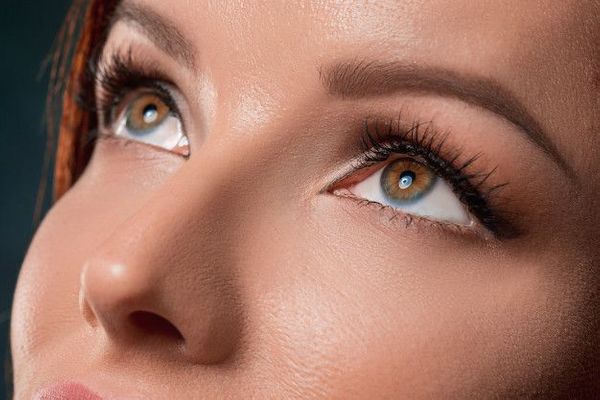How stress impacts your skin and how to manage it




Author: Lubna Khan-Salim, surgeon, skin care expert and Founder of timetobloom.uk
With our lives packed to the rafters and women likely to experience stress levels 50% higher than men*, it’s no surprise there is a direct correlation between how stressed we are and the impact this has on our skin. Here is the why, how and what to do when it comes to stress and skin.
It’s definitely not all in your head; stress can affect your whole body, including your hair, nails, and skin. Since stress is a part of life, what matters is how you handle it. As we embark on Stress Awareness Month this April, I wanted to talk about the stress/skin connection and offer handy tips for management.
The unfortunate truth is that stress can upset your skin in multiple ways. So many skin conditions are related to an inappropriate release of inflammatory chemicals by the body. Inflammation is your body’s response to a threat; it plays a crucial role in keeping you healthy because your body needs to defend itself against true dangers, like a virus. But sometimes your body can overreact to substances that are actually harmless and sometimes that thing can simply be stress. The stress response- whether we’re being chased by a predator, or whether we have a looming deadline or a troubling life event- is all the same. Your body’s immune system gets prepared for fight or flight. It does this by releasing chemicals, which, in order to protect your body, causes inflammation.
If you are already pre-disposed to skin related issues such as eczema, rosacea or psoriasis, inflammation will make these conditions flare up. Acne can be included here too; stress causes your body to make more of the hormone cortisol, which tells your sebaceous glands in the skin to produce more oil. Oily skin is prone to acne and other skin issues.
Stress can make you more likely to skimp on your normal healthy habits, which can then come with side effects of breakouts or a skin reaction. Usually when we are stressed, we spend a great deal less time taking care of ourselves. If you are not sleeping well, if you are not taking time to wash your face, if you are not eating well or not drinking enough water, these behaviours can affect your skin negatively. It can also be hugely stressful to have problems with your skin. Some people feel so bad about how it looks that they keep to themselves, which adds more stress.
How you act and deal with stress is a pretty huge mediating factor between stress and how your skin reacts. This is in part because your immune system functions best when you are taking care of yourself, but also because neglecting these things might stress you out even more- so a vicious cycle.
8 tips to Ease the Effects of Stress on Your Skin
You probably can’t avoid stress completely, but you can try ways to handle it better. Try these approaches:
So if we just de-stress we’ll have great skin, right? I wish it was so simple. Instead the real message to takeaway here is to recognise how stress and your skin can affect each other. Managing your stress may be one part of the equation that can help your skin behave but it’s not the be-all and end- all. So in addition to accepting your breakouts and flare-ups as a sign that you need to relax and take time for self-care but that also maybe it’s time to ask for some help from a medical professional if your irritating skin is stressing you out.
For all skin concerns and advice book in for a skin consultation with Dr Lubna at www.timetobloom.uk
*https://www.priorygroup.com/blog/why-are-stress-levels-among-women-50-higher-than-men